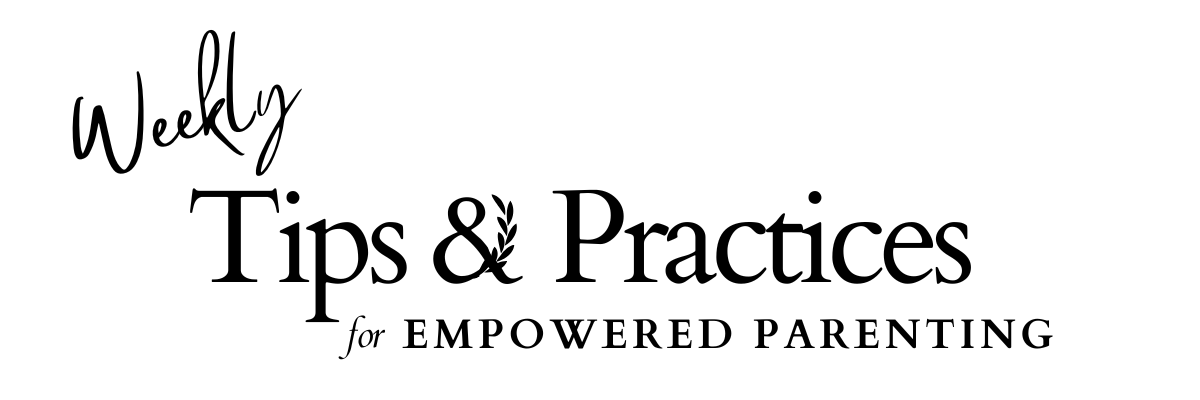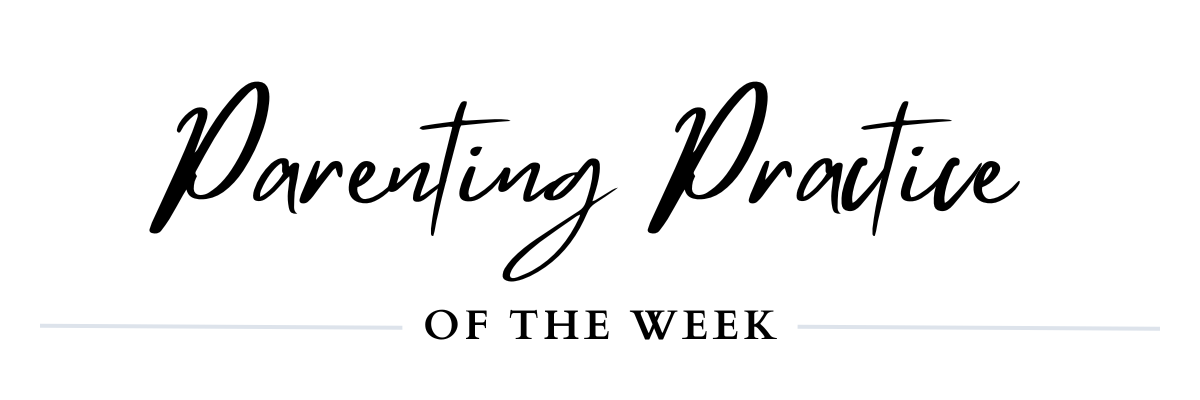The Two Superpowers Every Parent Needs

I have a question for you:
How well do you know your child?
Of course, we all know our kids. We interact with them daily. We see them struggle, we see many moments where they are challenged, and we see them grow.
But how well do we truly know our children's inner worlds—their secret fears, longings, and thoughts? Beyond our daily interactions and observations, what depths of their experience remain hidden?
How can we better understand the quiet moments that shape who they really are?
With the two superpowers of
CONNECTION & CURIOSITY.
The first superpower is connection.
Our children's willingness to share their inner world depends on their connection with us. This connection grows through daily moments—routines, expressions of love, curious questions, playful interactions, and shared experiences. When we welcome them without judgment or control, allowing them to be themselves, we strengthen this bond.
And it's never too late to build this connection, regardless of age or past patterns. We can always decide to turn towards them and open our hearts.
The second superpower is curiosity.
When we are connected to our kids, we get to have a real relationship with them. We get to ask them questions that help them deepen their sense of self and help us deepen our understanding of who they are and how we can best support their growth and development. Some kids like yes/no questions, while others like deep, open-ended ones. Some kids are always open to sharing, and others would rather wait to chat until snuggling at bedtime.
Get to know when your kid likes to share and what opens them up best for engagement with you.

Practice Connecting & Getting Curious
Here are some more ideas for you to consider…
- Create a culture at home where everyone shares about their inner world. Connect at dinner time.
- Ask questions like “What was a moment of kindness you spotted today?” or “What was a challenge that you experienced, and how did you handle it?” and adults share too!
- Do your best not to let your generational patterns define your kids—by the labels and beliefs that have been passed on to you and them. Tell them how much you appreciate their uniqueness. How lucky you feel to be their parent. Get to know them. Let them surprise you.
And whenever you can, lead with love. When you can’t access love, and you react, leading from fear and control, instead, forgive yourself, repair, and keep on keeping on.
Share This Article:
Curious for more?














